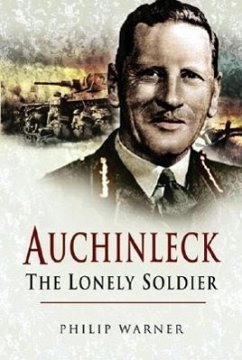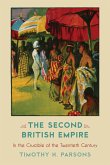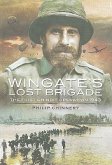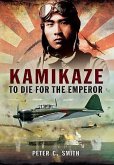Field Marshal Sir Claude Auchinleck was born in India and raised in conditions of near poverty. Yet his talent ensured his career flourished despite his Indian Army background and he was the first Commander of 8th Army in North Africa. Despite great political interference, he stopped Rommel's Afrika Corps at 1st Alamein only to be sacked by Churchill. After a spell in the wilderness he became C in C India during the dark period of Partition and, ironically, had to preside over the destruction of his beloved Indian Army.A private man of great humor and integrity he refused to be drawn into discussing or criticizing his tormentors be they Churchill, Montgomery or Mountbatten. He always argued that history would be his judge.This is a super piece of military biography by one of the most respected post war military historians.
Hinweis: Dieser Artikel kann nur an eine deutsche Lieferadresse ausgeliefert werden.
Hinweis: Dieser Artikel kann nur an eine deutsche Lieferadresse ausgeliefert werden.








